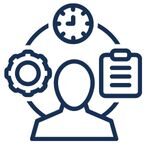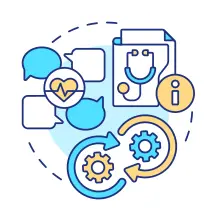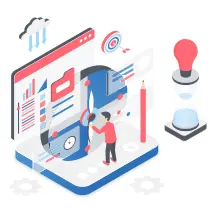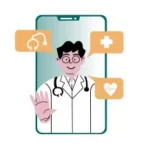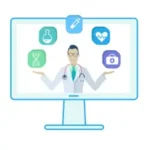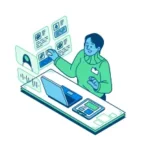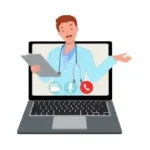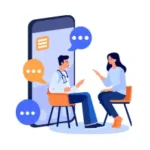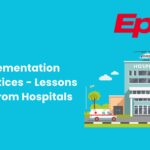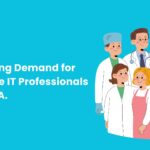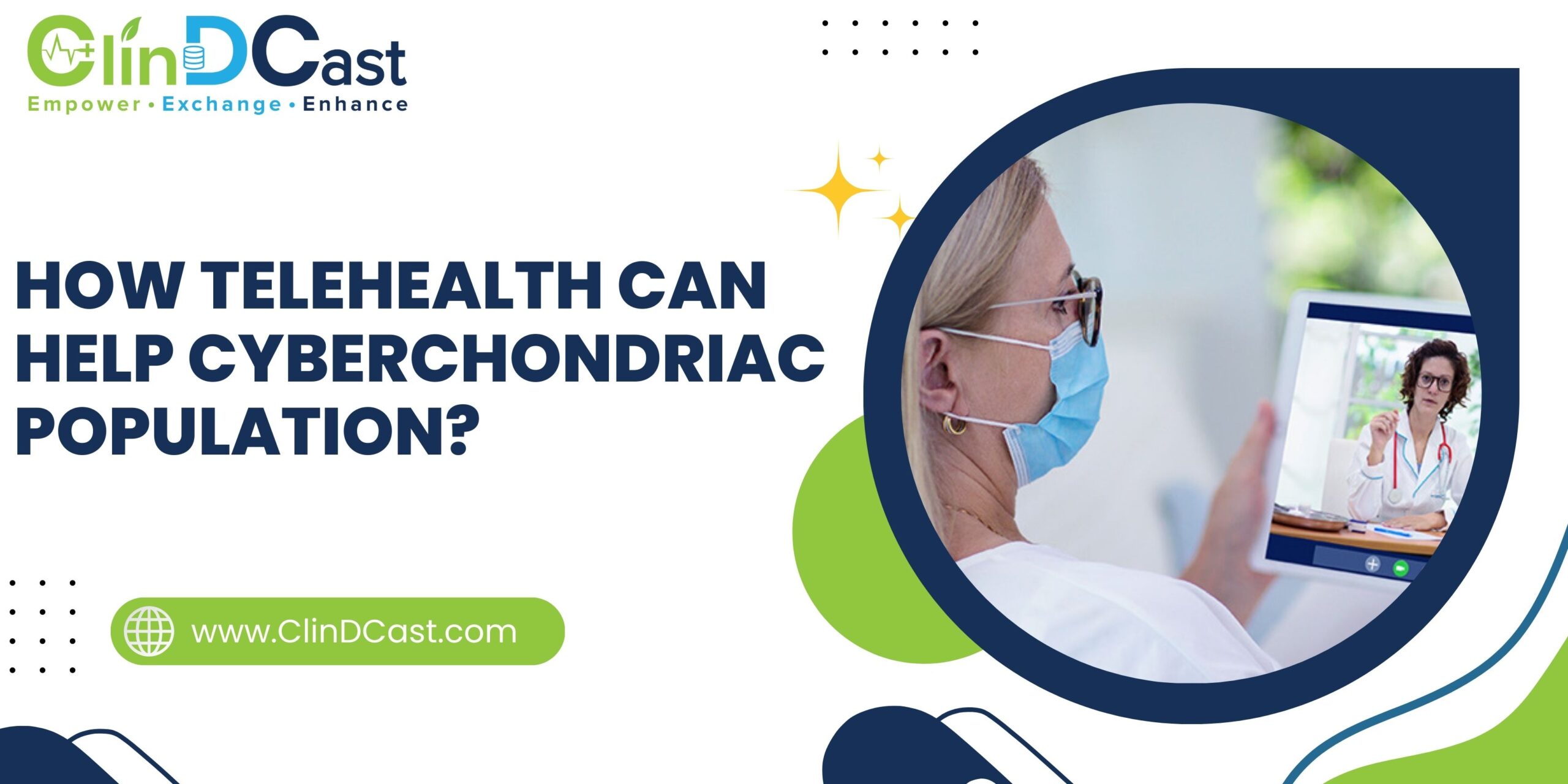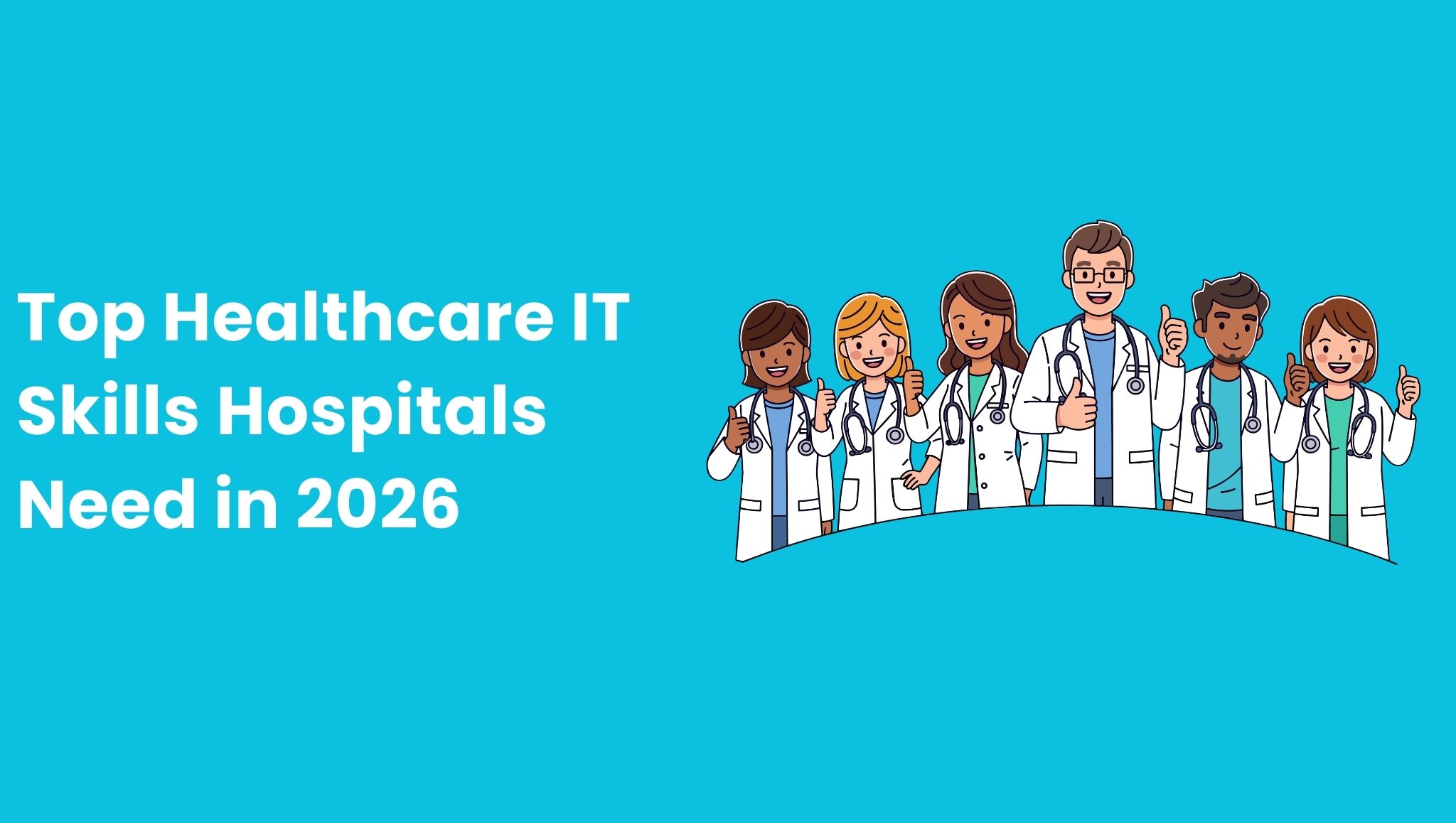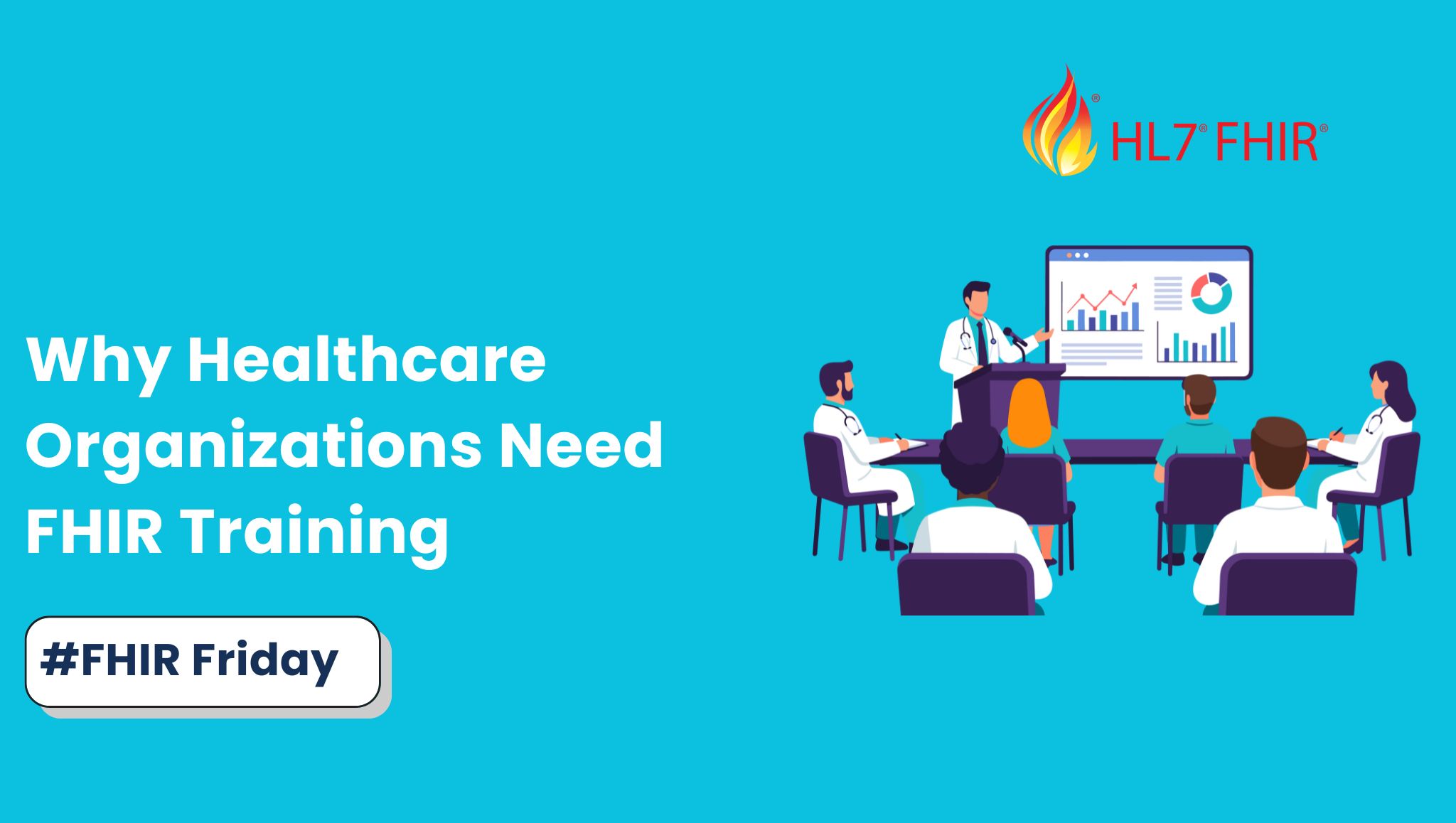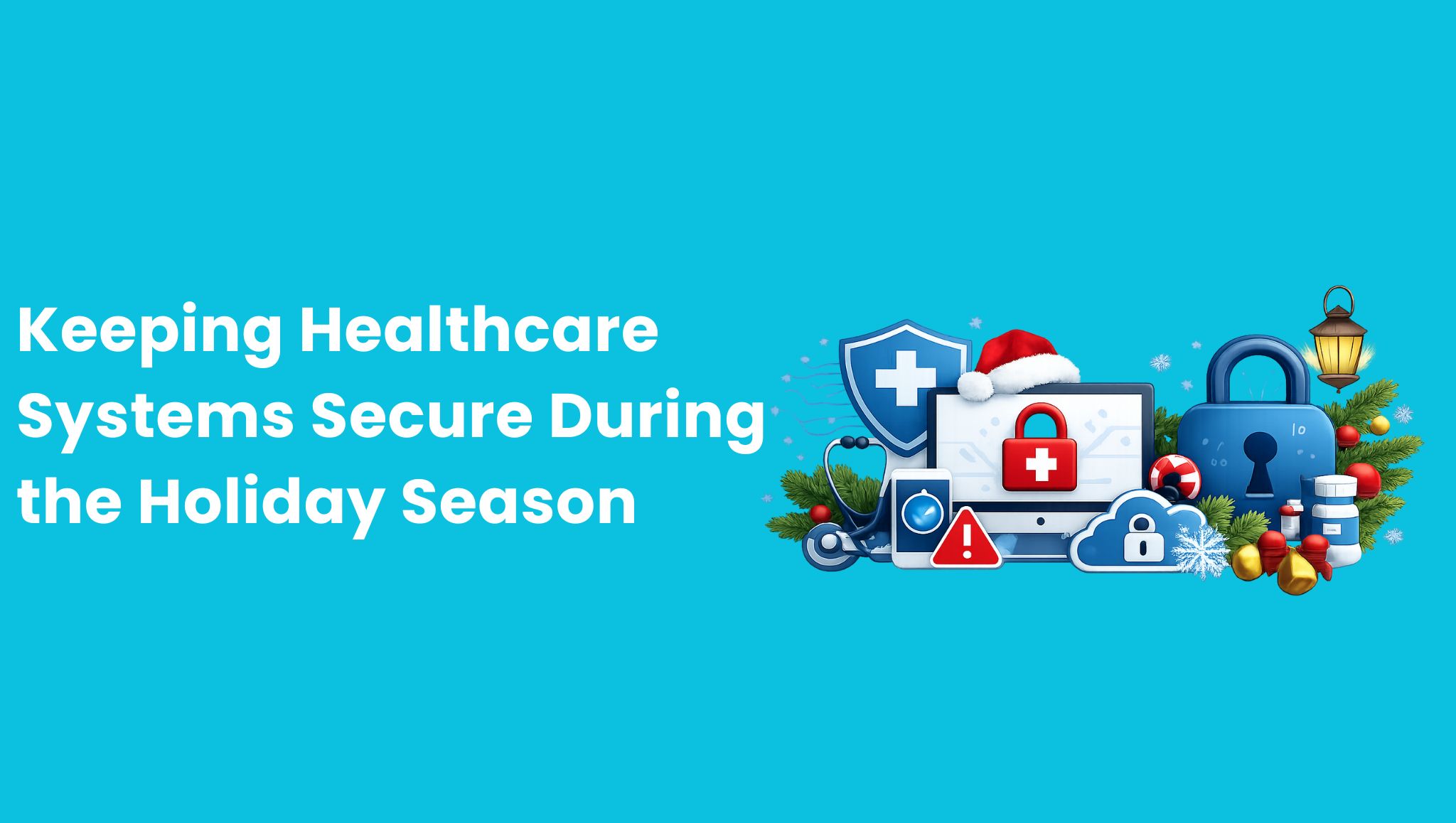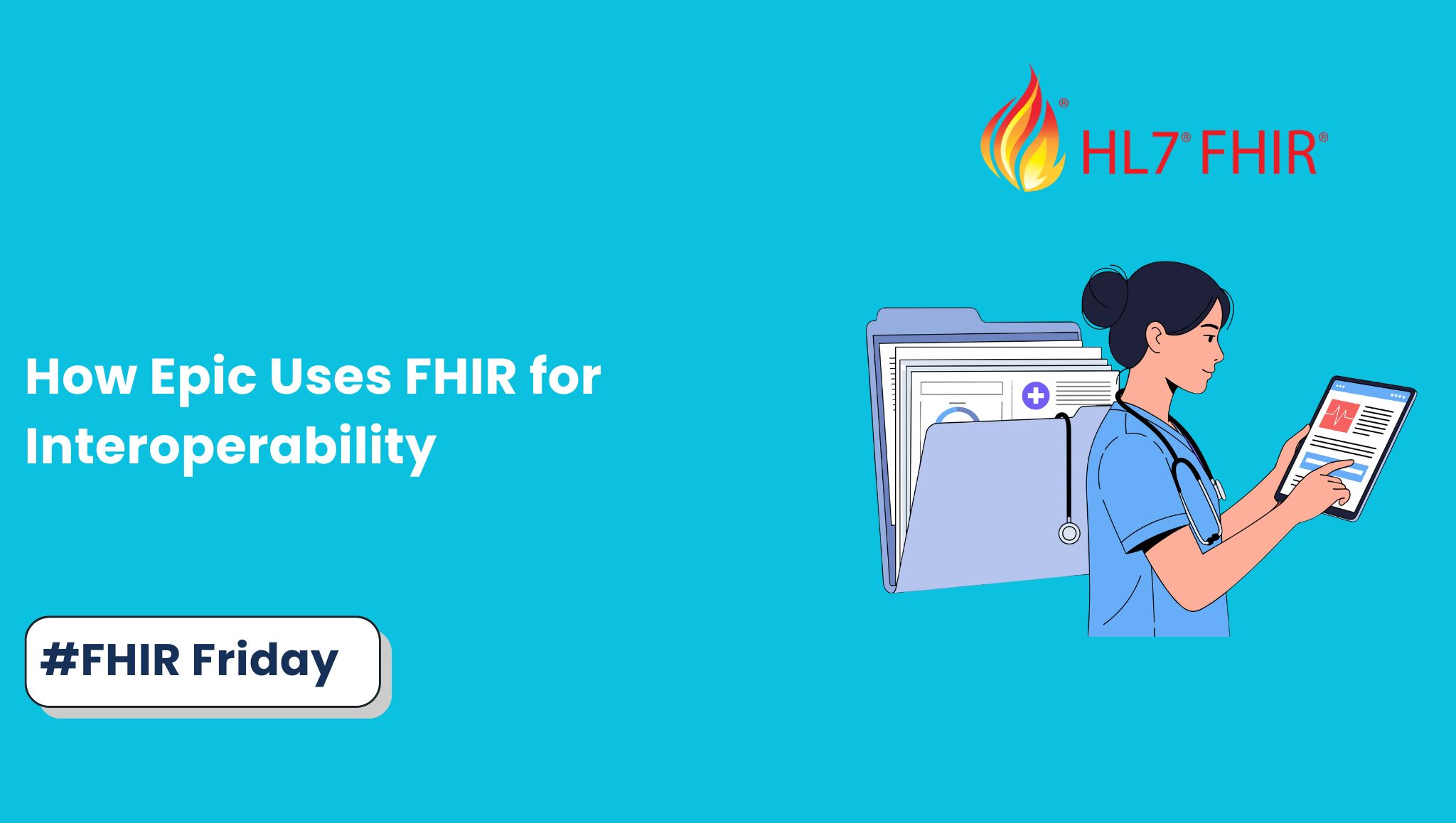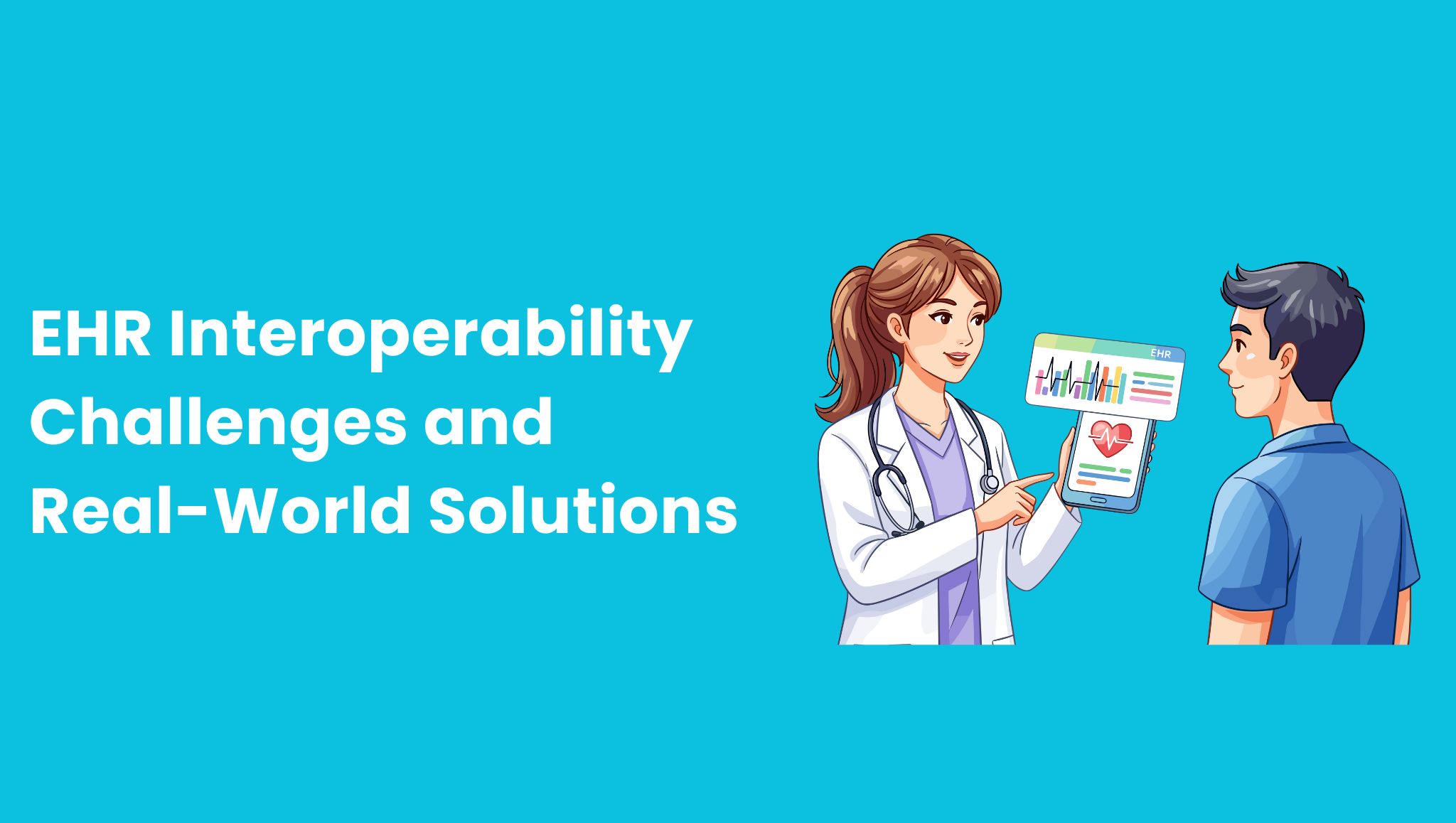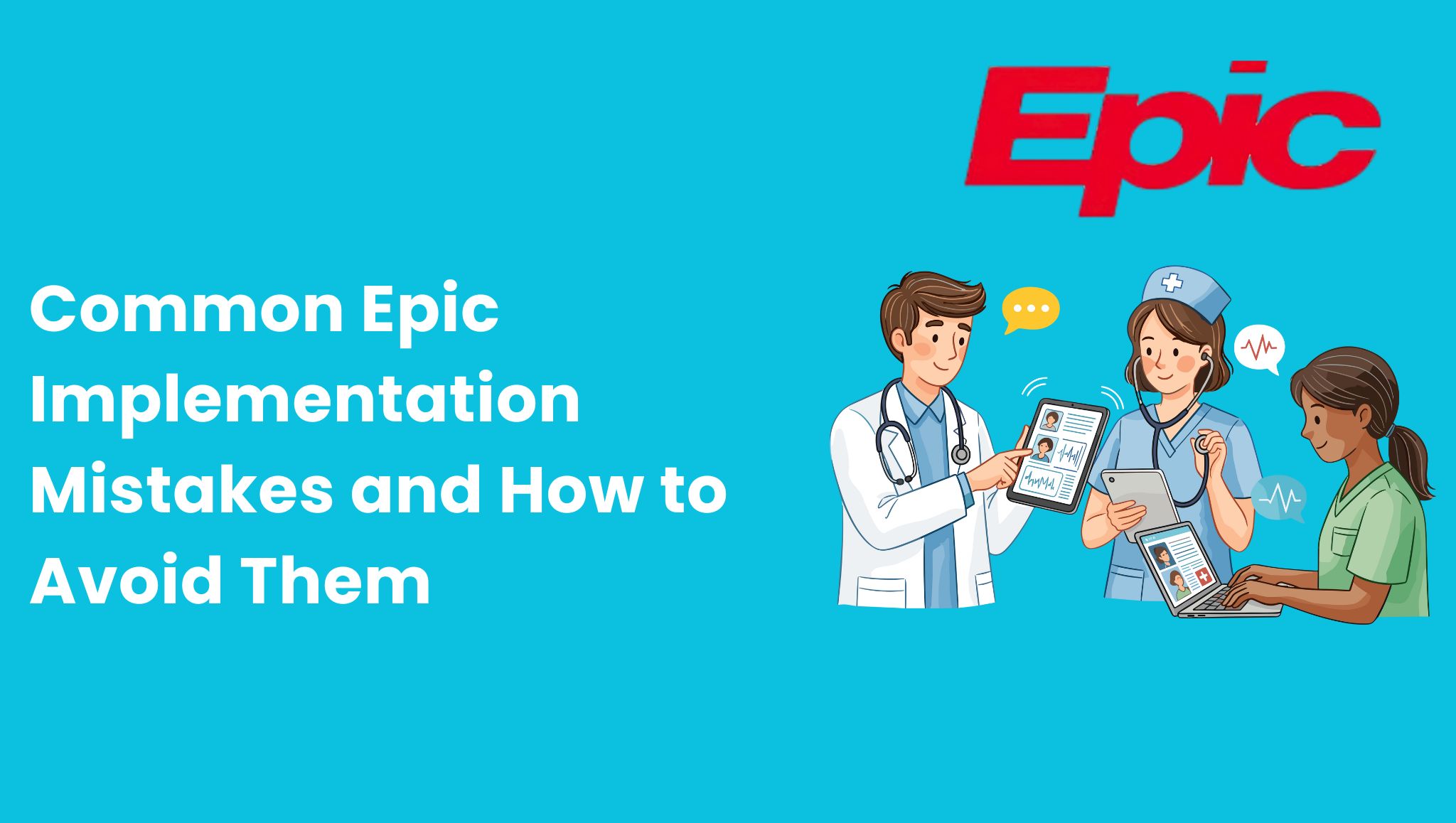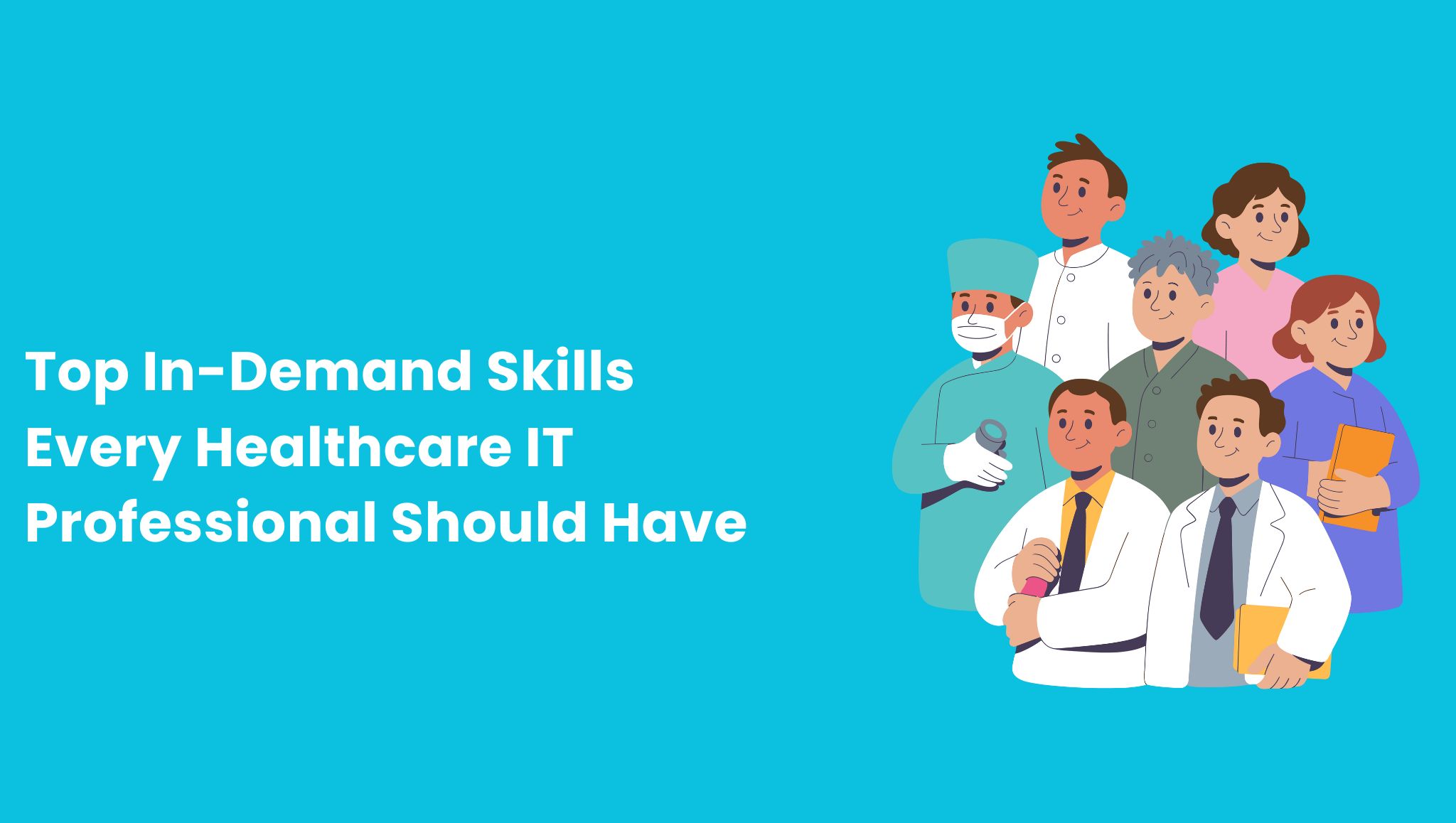
The healthcare industry is undergoing a major digital transformation, and at the center of this change is Healthcare Information Technology (Healthcare IT). From improving patient outcomes to streamlining hospital operations, Healthcare IT professionals play a vital role in connecting medical expertise with technology.
If you’re looking to start or advance your career in this field, understanding the key skills employers value most can give you a strong competitive edge let’s explore the Top Skills Required for a Career in Healthcare IT to succeed in this fast-growing industry.
Top Skills Required for a Career in Healthcare IT
1. Understanding Healthcare Systems and Workflows
Before diving into the tech side, it’s essential to understand how the healthcare system operates. Healthcare IT professionals need to know how hospitals, clinics, and networks function — from patient registration and billing to diagnostics and clinical workflows.
Key areas to learn:
a) Clinical and administrative processes
b) Medical terminology and data flow
c) EHR (Electronic Health Record) and EMR (Electronic Medical Record) systems
d) Healthcare regulations and standards (HIPAA, HL7, FHIR)
This foundational understanding allows IT experts to design and maintain systems that truly meet the needs of healthcare providers and patients.
2. Proficiency in Electronic Health Record (EHR) Systems
EHR systems are the digital backbone of healthcare. Understanding how these systems work — and how to integrate or optimize them — is one of the most valuable skills in this field.
Popular EHR platforms include:
a) Epic Systems
b) Cerner
c) Allscripts
d) Meditech
e) Athenahealth
Professionals with hands-on experience in EHR implementation, optimization, or data migration are in particularly high demand.
3. Knowledge of Healthcare Interoperability Standards
In today’s healthcare environment, seamless data exchange between systems is crucial. That’s why understanding interoperability standards is key.
Key standards to know:
a) HL7 (Health Level 7) — for system-to-system communication
b) FHIR (Fast Healthcare Interoperability Resources) — for app-based data sharing
c) DICOM — for medical imaging
d) CCD/CDA — for clinical document architecture
This knowledge ensures hospitals, labs, and pharmacies can share information efficiently, improving patient care coordination.
4. Data Analytics and Reporting Skills
Healthcare generates enormous amounts of data daily — from lab results to patient outcomes. Being able to analyze and interpret this information helps organizations make informed decisions and improve care.
Tools and technologies to learn:
a) SQL, Power BI, and Tableau
b) Python or R for data analysis
c) Healthcare data models and BI reporting
d) Predictive analytics for population health
As data-driven healthcare continues to grow, these analytical skills are becoming increasingly important.
5. Cybersecurity and Compliance Awareness
With patient data being extremely sensitive, protecting it is both a moral and legal responsibility. Healthcare IT professionals must understand how to safeguard data against breaches, ransomware, and other cyber threats.
Core areas to focus on:
a) HIPAA compliance and privacy laws
b) Data encryption and access control
c) Network and endpoint security
d) Risk assessments and audits
Cybersecurity is one of the fastest-growing career paths within Healthcare IT, with demand expected to rise significantly through 2030.
6. Cloud Computing and IT Infrastructure
As healthcare systems shift from on-premises solutions to cloud-based environments, professionals with cloud and infrastructure expertise are in high demand.
Relevant skills include:
a) Working knowledge of AWS, Microsoft Azure, or Google Cloud
b) Hybrid environments (on-premises + cloud)
c) Virtualization and containerization (VMware, Docker, Kubernetes)
d) Network configuration and healthcare data hosting
Cloud computing helps healthcare organizations achieve scalability, security, and cost efficiency.
7. Project Management and Implementation Skills
Implementing healthcare IT systems is a complex process that requires planning, coordination, and strong communication.
Key skills to develop:
a) Agile and Waterfall methodologies
b) Requirement gathering and documentation
c) Change management and user training
d) Stakeholder communication
Professionals with PMP, PRINCE2, or Agile certifications often have an edge in successfully managing healthcare IT projects.
8. Communication and Collaboration Skills
Technical skills alone aren’t enough in healthcare IT. You’ll often work with doctors, nurses, administrators, and vendors — many of whom aren’t tech-savvy.
You must be able to translate technical concepts into clear, simple language and collaborate effectively across departments.
Soft skills to strengthen:
a) Active listening
b) Empathy and adaptability
c) Teamwork and collaboration
d) Conflict resolution and patience
These interpersonal abilities go a long way in creating a positive impact in any healthcare organization.
9. Problem-Solving and Analytical Thinking
Healthcare IT professionals face challenges like system downtime, data integration issues, or compliance concerns. A strong analytical mindset helps in identifying the root cause quickly and finding solutions without disrupting patient care.
Employers value individuals who can:
a) Stay calm under pressure
b) Think critically and creatively
c) Take initiative to resolve issues
d) Learn from past challenges to prevent future ones
10. Continuous Learning and Adaptability
Healthcare IT is evolving rapidly with advancements like AI, telehealth, and the Internet of Medical Things (IoMT). Staying updated with new technologies ensures long-term success.
Recommended certifications and courses:
a) Certified Professional in Healthcare Information and Management Systems (CPHIMS)
b) Health Informatics Certification (AHIMA)
c) FHIR and HL7 Interoperability Training
d) CompTIA Security+ or CISSP (for cybersecurity professionals)
Being adaptable and continuously learning helps professionals remain competitive in this ever-changing landscape.
Final Thoughts
A career in Healthcare IT is about more than just technology it’s about improving people’s lives. By blending technical expertise with an understanding of healthcare systems and strong communication skills, you can make a real impact in the digital transformation of healthcare.
Whether you’re coming from an IT background or the healthcare sector, now is the perfect time to upskill and build a rewarding career in this rapidly growing field.




